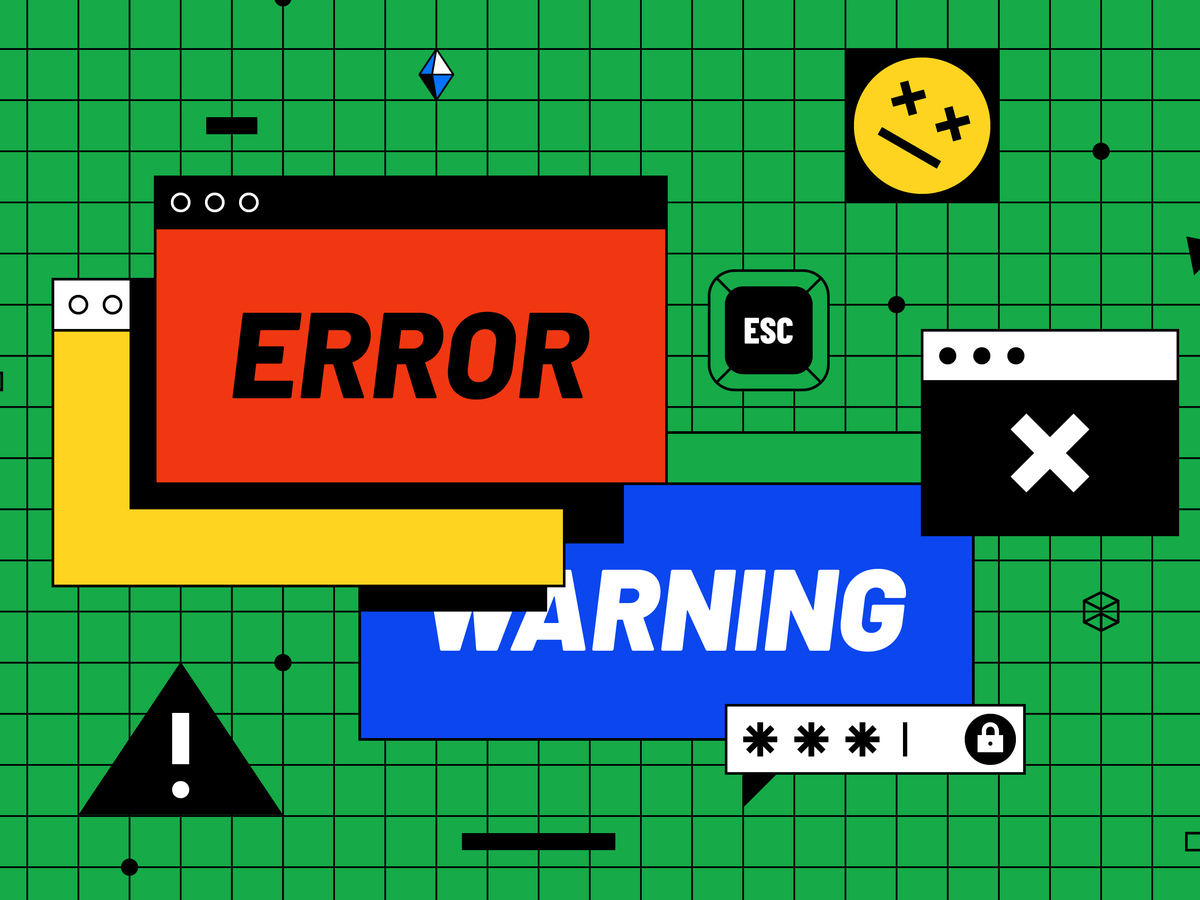
Millions of workers are wondering if their jobs are safe from AI. Muharrem huner/Getty Images hide caption

Millions of workers are wondering if their jobs are safe from AI.
Muharrem huner/Getty Images2023 might go down as the year that artificial intelligence became mainstream. It was a topic of discussion everywhere - from news reports, to class rooms to the halls of Congress.
ChatGPT made its public debut a little over a year ago. If you'd never thought much about AI before, you're probably thinking - and maybe worrying - about it now.
Jobs are an area that will almost certainly be impacted as AI develops. But whether artificial intelligence will free us from drudge work, or leave us unemployed depends on who you talk to.
Host Ari Shapiro speaks with NPR's Andrea Hsu on how people are adapting to AI in the workplace and ways to approach the technology with a plan instead of panic.
This episode also feature's reporting on AI and Hollywood background actors from NPR's Bobby Allyn.
Email us at
This episode was produced by Connor Donevan and Michael Levitt. It was edited by Jeanette Woods. Sami Yenigun is our executive producer.

 Live Radio
Live Radio